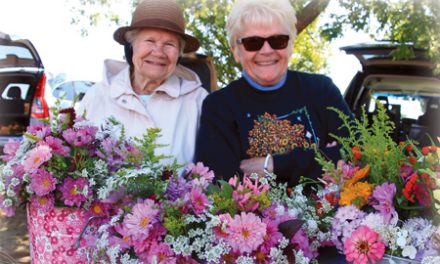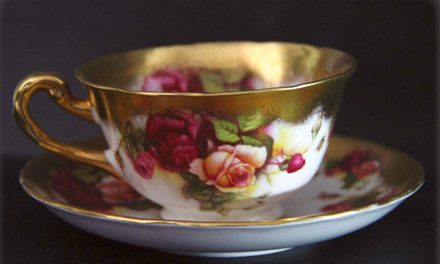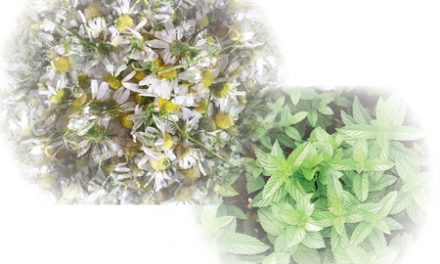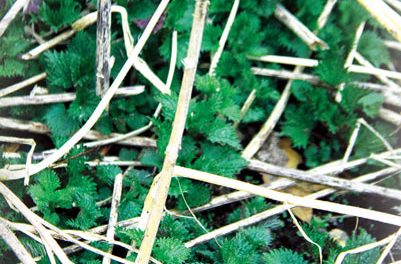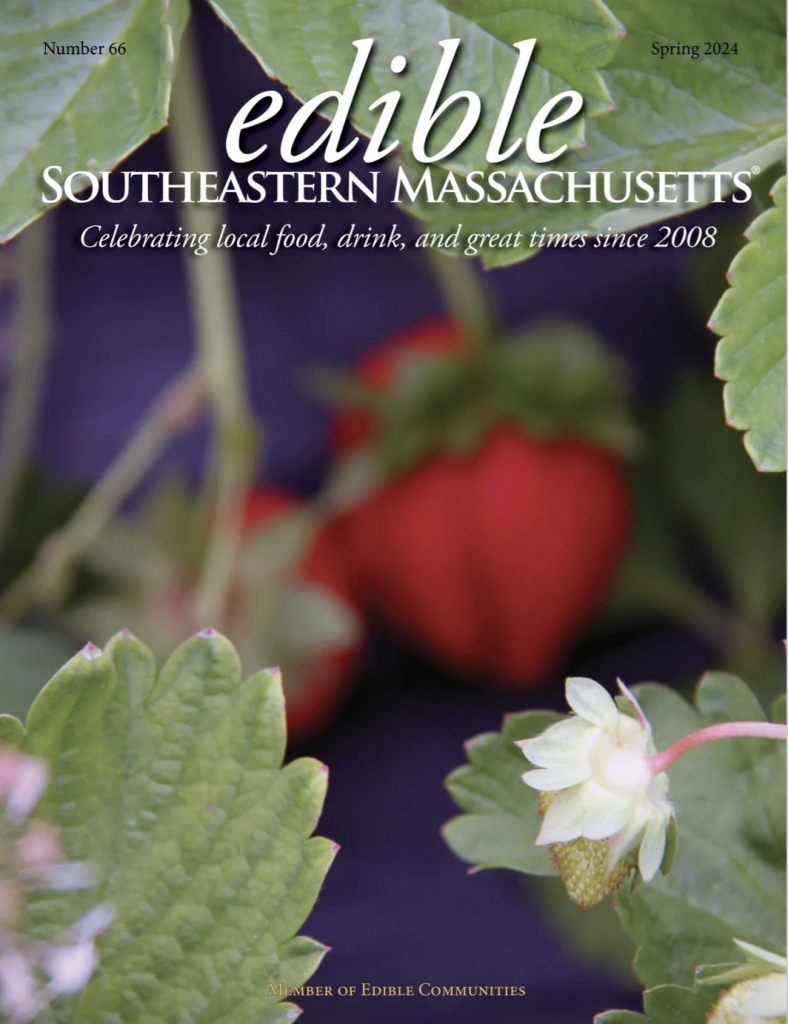Foodies know what the Slow Food movement is all about. We support local farms and artisans by shopping our local farmers market for in-season fruits and veggies, herbs, honey, bread, rubs, flavored oils, soups and sauces, and delicious sweets. We seek out restaurants that serve fresh food sourced from nearby farms, dairies, meat and poultry and seafood operations because we believe in humane farming practices. And, we drink craft beer with those delicious meals too! We want to feed our bodies the cleanest food possible while making a difference in our communities.
Why should we look at flowers any differently? After all, it wasn’t so long ago that most of the flowers sold in America were grown right here at home on small family flower farms. Flowers tended by human hands, got their start in rich soil where bees and butterflies could feed freely and pollinate to their hearts’ content. When harvest time came, the same farmer who started those seeds was often the one who cut the flowers, put them in buckets, and delivered them to the nearest wholesaler or local florist shop, or down the road to the nearest farm stand or country fair. What happened?
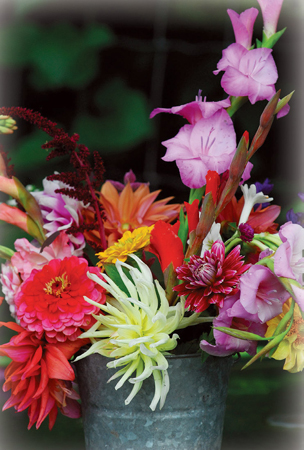
Photo: Carole Topalian
According to Debra Prinzing, author of Slow Flowers: Four Seasons of Locally Grown Bouquets from the Garden, Meadow and Farm and founder of the Slow Flowers Movement (www.slowflowers.com), the percentage of US grown flowers has declined since the enactment of the Andean Trade Preference Agreement in 1991. Currently, only 20 percent of the cut flowers sold in America are grown domestically. There is a noticeable rebound taking place as more American consumers are asking about the origins of all products, including flowers. “I believe the explosion of farmer-florists and the growth of small-scale floral agriculture in markets across North America has occurred in part because of frustration with the lack of or limited local sourcing by conventional wholesalers,” Debra explains. “Let me say that again: farmer-florists and small-scale floral agriculture have stepped into the gaping void created when wholesalers turned their backs on local flower farmers. And now they’re waking up to the missed opportunity.”
As more consumers request local flowers from floral designers and floral shops, wholesalers must find a way to meet those demands.
In Debra’s 2017 Floral Insights and Industry Forecast podcast, she shares that in general, the conventional wholesale model is changing. As traditional channels of floral distribution are disrupted, she predicts, more flower farms will seek to establish new ways to bypass the conventional wholesale pipeline and market directly to florists and consumers. This is a hot topic and certainly one that’s hard to find anyone willing to go on record to discuss.
A 2016 Slow Flowers survey revealed numerous sales channels among flower farmers. Granted, the majority of Slow Flowers farm-members are small-scale producers, but Debra believes they are the ones modeling how diversification and direct-to-florist commerce can succeed. When asked about their distribution channels, respondents cited the following top three outlets: 70 percent are growing flowers for weddings and event clients, followed closely by farms selling direct to other florists and wedding designers, at around 67 percent. 53 percent of flower farms reported selling to local flower shops.
After this top tier, the percentages drop down to one-third of respondents who sell flowers via farmers’ markets and CSAs and about one-quarter who sell to local wholesalers and grocery/supermarket buyers. There is another farm-direct model, and here’s where the disruption is most revealing: a number of large farms are experimenting with direct-to-florist and direct-to-consumer models, cutting out the wholesaler altogether.
As a small-scale flower farmer/florist myself, nothing excites me more than to watch the slow flowers movement gather steam at the grassroots level. I know what it feels like first hand to see the reaction on a bride’s face when she has the first look at her locally grown wedding flowers. When the tears begin to roll, it’s a feeling of pure joy!
Phoebe Poole of Weatherlow Farms in Westport, MA is just starting her second season of cut flower production on the farm, and the first perennials were planted in the fall of 2016! The farm was a dairy for decades and has transitioned to flowers and grass-fed meat. Primarily a grower, Phoebe is selling wholesale to other designers as the demand for more beautiful locally grown product for weddings and events continues to grow, though she enjoys designing with her own blooms and foliage whenever she gets the chance! The season and the natural shape of plants inspire Phoebe; the odd and crooked stems and jutting branches are some of her favorites. “My arrangements tend to be loose, wild, and full of color,” says Phoebe. She and her team host floral design and flower growing workshops with floral designers in the area. They also have some small farm-to-table dinners and private parties scheduled for the upcoming season. “All events at the farm utilize both our flowers and our animal products, and we seek out chefs and caterers that are committed to our same ideals,” Phoebe notes.
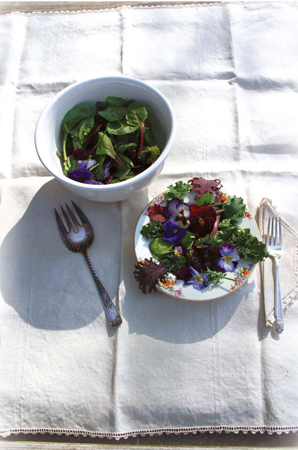
Cross Street Flower Farm is a little flower farm located in Norwell, Massachusetts. Started by two friends, Nikki Bartley and Cara Gilmartin, the farm keeps growing and growing. “We have been flower farming together for three seasons,” states Nikki. “We started our farm in my front yard on just a 1/8th acre. We now grow over 50 varieties of specialty cut flowers on 1.5 acres around town, and we sell out all of our blooms each season.” Nikki explains that Cross Street Flower Farm offers weekly bouquet shares from April to October. Customers can purchase spring, summer and fall shares by visiting the online shop on Cross Street’s website (www.crossstreetflowerfarm.com); they can choose to have their bouquet delivered or to pick up their bouquet each week at the farm, at The Foodsmith in Duxbury, or at the Hingham Farmers Market on Saturdays.
“Last year, we saw a big increase in demand from the local community for custom arrangements of our local flowers for special events, showers, weddings, and parties,” continues Nikki. Cross Street has been amazed by the overwhelming support from the South Shore community for this young farm. “Our customers, neighbors, and friends tell us they love having access to local flowers. The feedback we hear a lot is that our flowers are unique and beautiful and more vibrant, fragrant and last much longer than blooms from a traditional florist or grocery store.”
“We are inspired by the growing local flower movement and by the resurgence of flower farms in New England and around the country,” says Nikki. “It is a special experience for our customers, and the happiness they get from our flowers makes the hard work of farming so worth it.”
Carol Rio, owner of Pillsbury Florist in West Bridgewater, has a different outlook on the local flowers movement. After 34 years in the floral industry, she’s seen many floral trends come and go. She remembers well the wildflower bouquets of the late 1970s, which are popular again today. Carol caters to a clientele that appreciates more traditional floral designs, but she enjoys offering seasonal flowers such as sunflowers when they are available. Unfortunately, prices for locally grown flowers still can’t compete with imported flowers sourced at the local wholesale flower market, Carol shares.
What does this mean for budding flower farmers, designers and consumers? It’s an exciting time to be “in the flowers.” To me, the best thing about the Slow Flowers movement (besides bringing cut flowers back to American soil) is the overall sense of community and sharing between farmers, florists and the consumers who buy our flowers. As awareness about American grown flowers continues to grow, flower farmers and florists will be banding together to find new ways to educate the consumer about the benefits of buying local blooms. It won’t be too hard, though. The flowers speak for themselves.
So, next time you’re planning a party, a wedding, an intimate dinner for two, or a backyard barbecue, don’t just think about the food. Before you grab just any old (imported) supermarket bouquet, be sure to ask yourself, who’s MY slow flower farmer? They just might be right around the corner…or it might even be you!
Resources:
Debra Prinzing and the Slow Flowers Directory: www.SlowFlowers.com
Debra Prinzing’s Podcast:
Flower farmers and florists who are re-shaping the floral industry: www.DebraPrinzing.com
Celebrate American Flowers Week: www.AmericanFlowersWeek.com
Attend a Field to Vase Dinner in 2017: www.AmericanGrownFlowers.org/fieldtovase
Get Certified: www.AmericanGrownFlowers.org
If you’re are a New England Farmer/Florist in search of a community to learn, share, and grow, join: Debbie Bosworth’s New England Farmer Florist Connection Facebook Group: www.facebook.com/groups/1564347030557823/
Cross Street Flower Farm
Norwell, MA 02061
(781)561-0453
www.CrossStreetFlowerFarm.com
Pillsbury Florist
506 North Elm Street
West Bridgewater, MA 02332
(508)583-6587
www.PillsburyFlorist.com
Weatherlow Farm
845 Sodom Road
Westport, MA 02790
(508) 938-9398
www.WeatherlowFarm.com
Article Author: Debbie Bosworth is the founder of Dandelion House Flower Farm in Plymouth, MA. Offering seasonal cut flowers and artisan floral designs for small weddings and events. Put down some roots and BLOOM!
Rye Tavern Sunflower Salad Recipe
~Recipe complements of Rye Tavern

